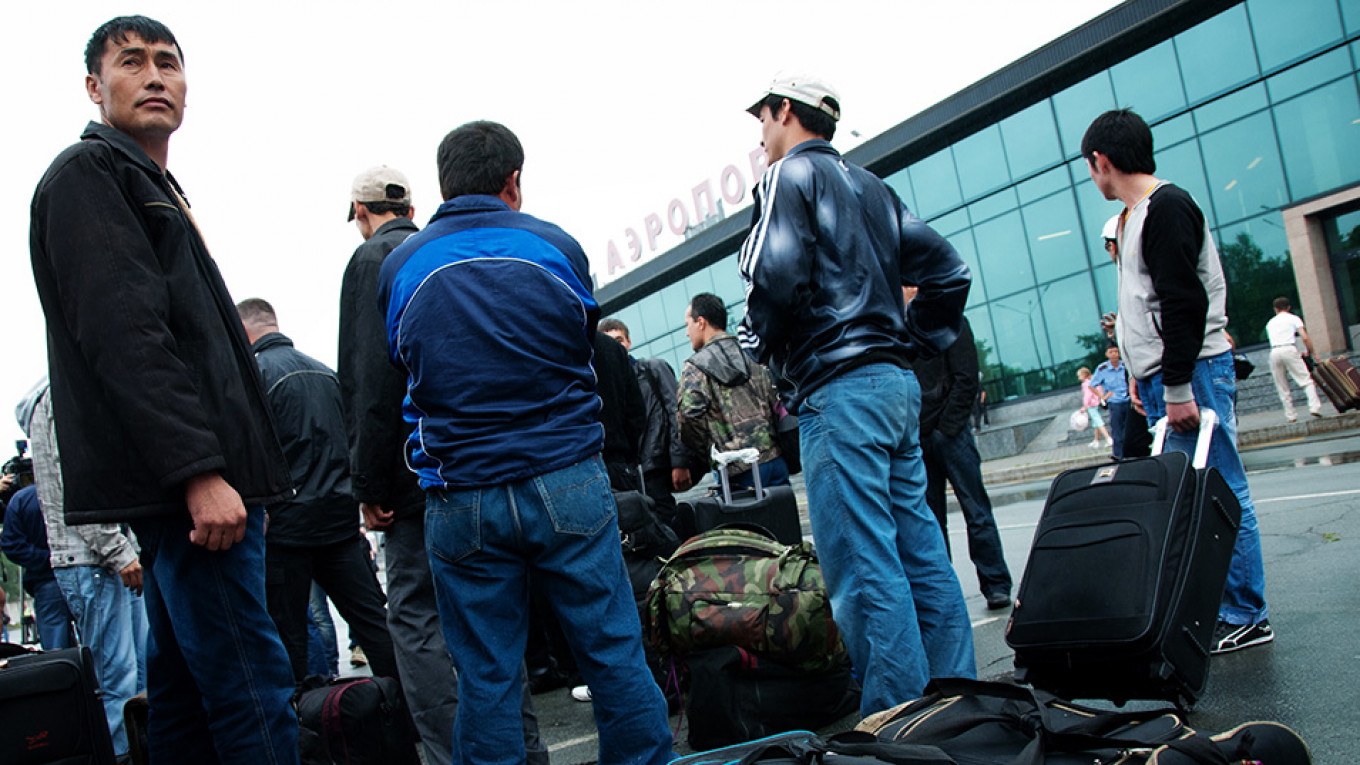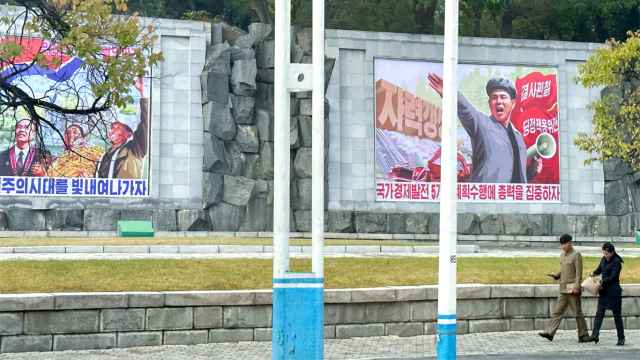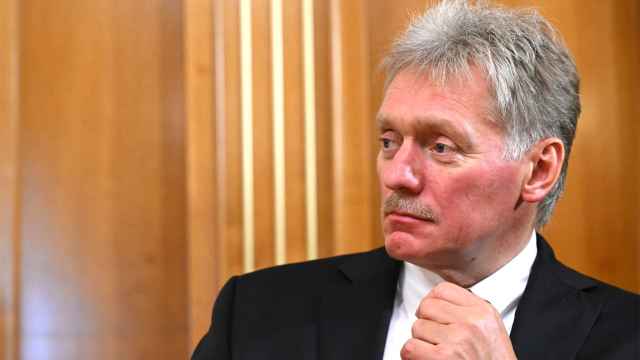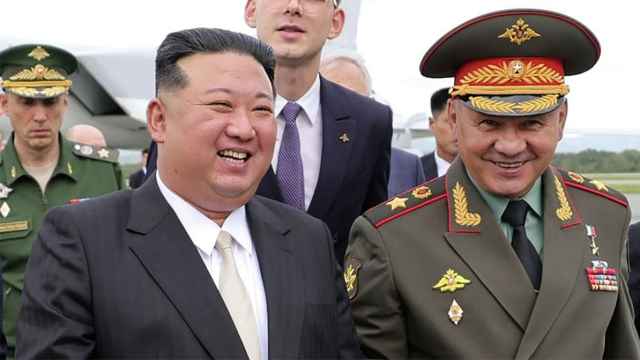Russia sent home nearly two-thirds of some 30,000 North Koreans working there during 2018, according to unpublished reports by Moscow to the United Nations Security Council.
The one-page report, seen by Reuters on Tuesday, was submitted to the council's North Korea sanctions committee in compliance with a 2017 resolution that demanded the repatriation of all North Korean workers by the end of this year to stop them earning foreign currency for leader Kim Jong Un's authorities.
The United States has said it believed Pyongyang was earning more than $500 million a year from nearly 100,000 workers abroad, of which some 30,000 were in Russia.
The UN Security Council has steadily toughened sanctions on North Korea since 2006 to choke off funding for Pyongyang's nuclear and ballistic missile programs. U.S. President Donald Trump and North Korean leader Kim Jong Un have met twice in the past year in a bid to negotiate denuclearization.
The December 2017 UN resolution required countries to report to the sanctions committee this month on all North Korean workers repatriated during 2018 "including an explanation of why less than half of such" workers were repatriated if applicable.
Russia reported that in 2018 the number of North Koreans "with valid work permits in the Russian Federation decreased from 30,023 to 11,490 persons."
In 2015, UN human rights investigator Marzuki Darusman said that the North Koreans abroad worked mainly in mining, logging, textile and construction. The report submitted by Russia to the sanctions committee did not specify what industries had employed the North Koreans.
New York-based Human Rights Watch said in a 2017 report that "the treatment of North Korean workers overseas falls short of international labor standards, with no right to freedom of association or expression, control by minders who limit freedom of movement and access to information from the outside world, long working hours and no right to refuse overtime."
North Korea has said its laborers were working abroad legally and were not mistreated or forced to go.
A Message from The Moscow Times:
Dear readers,
We are facing unprecedented challenges. Russia's Prosecutor General's Office has designated The Moscow Times as an "undesirable" organization, criminalizing our work and putting our staff at risk of prosecution. This follows our earlier unjust labeling as a "foreign agent."
These actions are direct attempts to silence independent journalism in Russia. The authorities claim our work "discredits the decisions of the Russian leadership." We see things differently: we strive to provide accurate, unbiased reporting on Russia.
We, the journalists of The Moscow Times, refuse to be silenced. But to continue our work, we need your help.
Your support, no matter how small, makes a world of difference. If you can, please support us monthly starting from just $2. It's quick to set up, and every contribution makes a significant impact.
By supporting The Moscow Times, you're defending open, independent journalism in the face of repression. Thank you for standing with us.
Remind me later.






